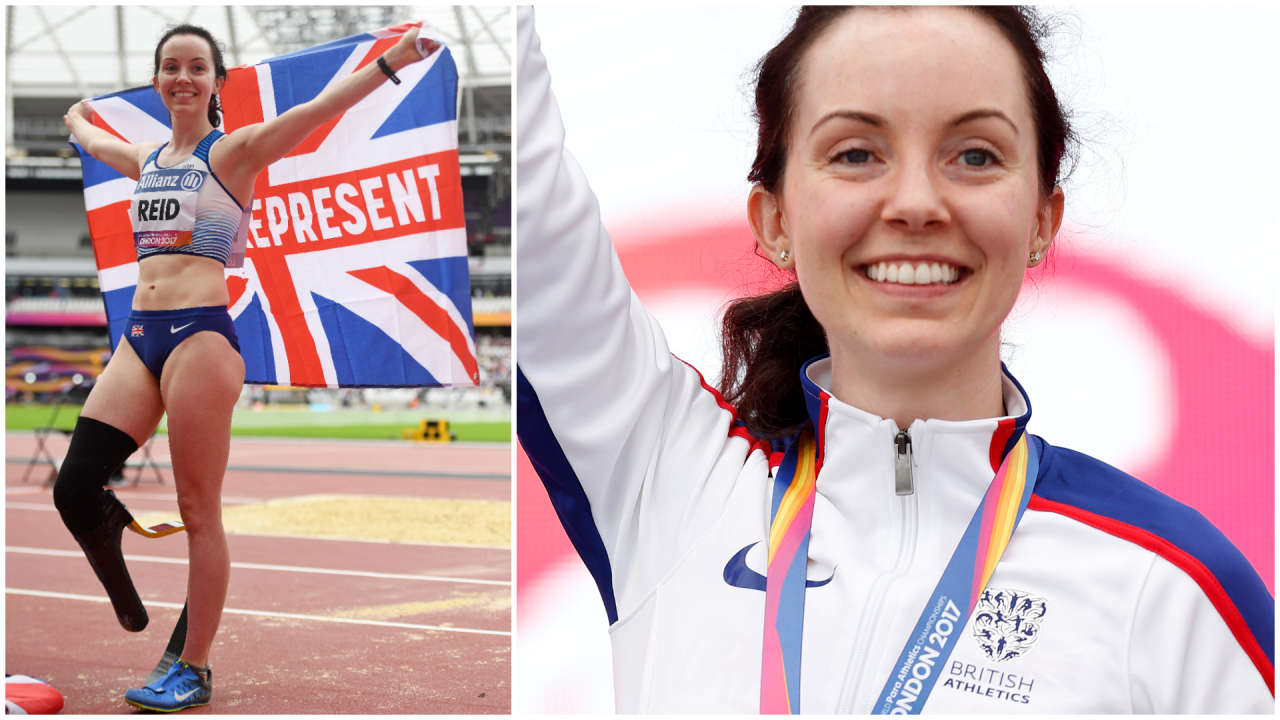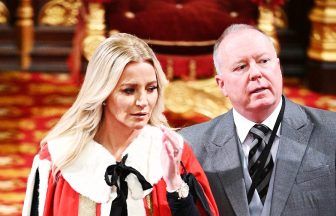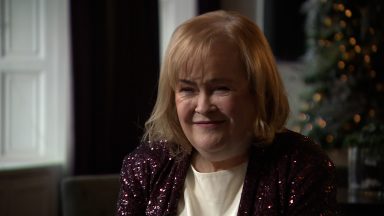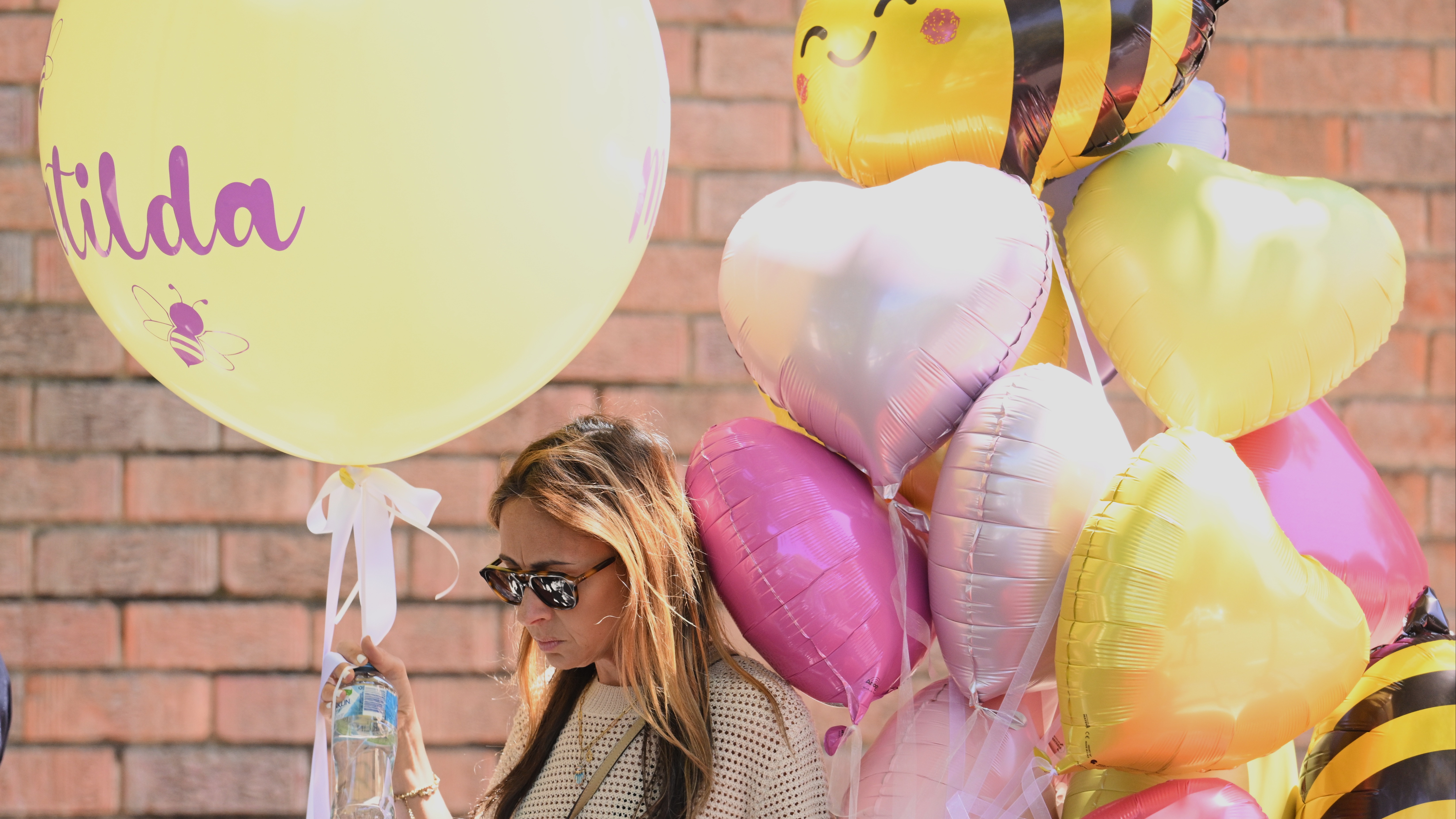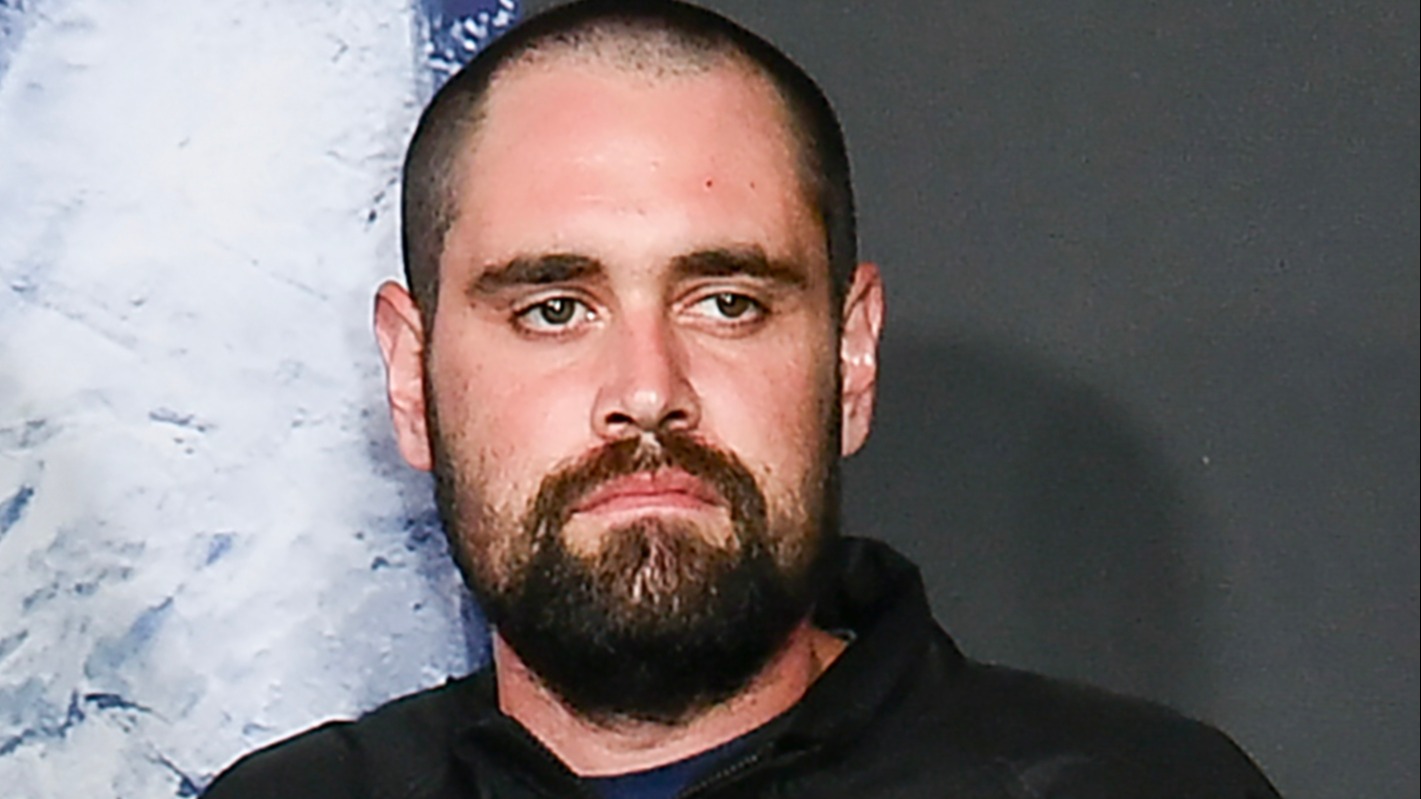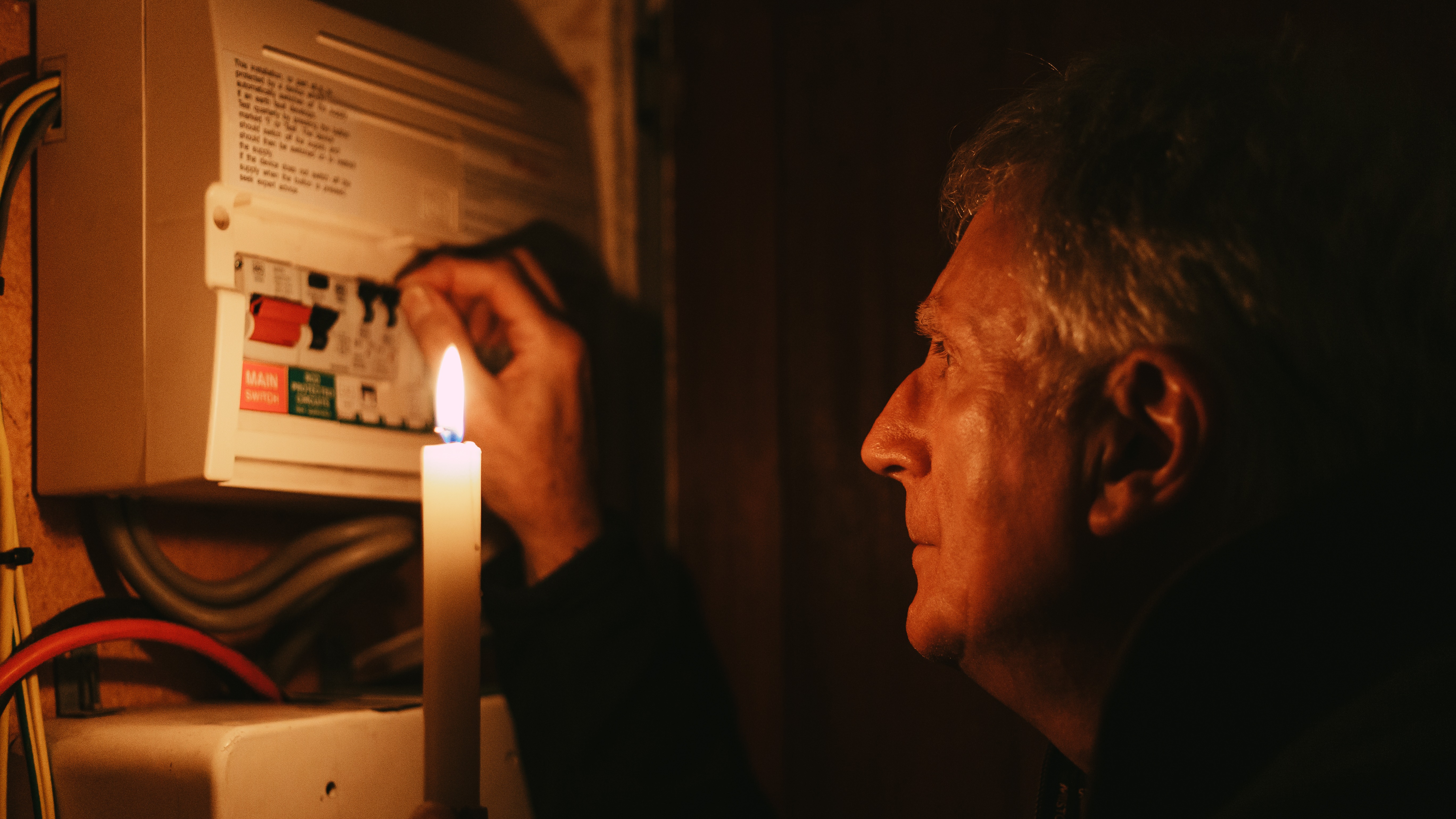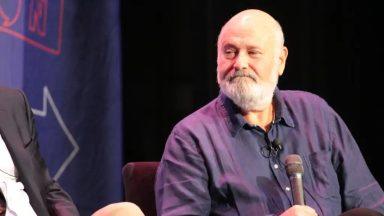Words by ITV News Producers Rachel Dixon and Hannah Ward-Glenton
A paralympic athlete has called out Nike and other sporting brands for not selling single trainers despite using models and mannequins with one leg to advertise their products.
“I can tell everyone loves the idea of being inclusive,” Stef Reid MBE told ITV News. “But the work that underpins actually making that a reality, that’s not happening and a lot of things have to change.”
Reid, who lost part of her right leg in an accident aged 16, thought it was “awesome” when a friend sent her pictures of mannequins with a blade in Nike stores.
Believing this meant Nike now sold singular shoes, the World Para Champion long jumper asked the brand whether she could buy one trainer, rather than having to buy a pair, via a web chat.
A Nike representative told her this was not possible and the sportswear giant would “always” sell shoes as a pair and offered her a 15% discount as compensation.
Reid has said that if companies are going to be using images of athletes running with blades, those visuals need to be backed up in policy and procedures for customers.
“Everyone is quick to use the image, but no one has actually thought through what it would look like for someone like me who is a single leg blade runner,” she said.
“That’s great if Nike is using this image and they’re aware of blade runners.”
When Reid, who competed on ITV’s Dancing on Ice in 2022, pushed the Nike representative for answers, they said they would raise it with their “higher ups” – that was nine days ago, and she has yet to be contacted by the brand at the time of reporting.
She highlighted that it is “not a niche issue” for people to want shoes in different sizes, with a majority of adults’ feet being different sizes.
“I discovered that 50 to 60% of adults have feet that don’t match,” she said, adding that many would “love the opportunity” to buy individual running shoes.
“I was thinking about my contact lenses and the fact that I don’t buy them in pairs, I buy them in singles because it’s an industry that doesn’t assume eyes match and they don’t … Most people have different prescriptions for their eyes. Why is it so difficult to do this?”
After contacting Nike, Reid also found brands Decathlon and Brooks used models with one foot but only sold shoes in pairs.
Reid said she only contacted those specific brands because they were already using mannequins wearing blades in their branding, which in itself was “a really good thing”, but that more work needed to be done.
“Yes, everyone loves the imagery and everyone loves the idea of being inclusive, but you have to go the extra step and think, hang on a second. What is the actual lived experience of the person we’re portraying here? Have we considered that?
“I don’t think that companies are going out and intentionally trying to not be inclusive or be deceitful in how they do things. I just think so often it’s just not been thought of because the question hasn’t been asked.
“So then I asked the question and that’s why I asked it,” she added.
Reid didn’t expect her social media posts to go as viral as it did – one photo on Instagram has amassed over 300,000 likes and more than 97,000 comments.
She is now hoping that it can influence the dialogue around how shoes are sold.
“My perfect outcome is we would just transform the way the shoe industry operates and we would be able to buy shoes specifically for each foot,” she said.
Reid said she had accepted that it was normal for her to buy sports shoes in pairs, despite the fact that she would only ever wear one.
“I’ve always bought spikes of pairs and one spike has sat in my closet,” she said. “And so I just threw it out and in a world where we seem to value sustainability it just seems silly.
“I’ve spoken with people who have said for years, they’ve had to buy two full sets of shoes because their feet don’t match and then just to toss the other ones out,” she added.
While Nike only sells pairs of shoes across most of the world, in the US the sports brand runs a One Shoe Bank program, where people can sign up and be given one shoe.
A spokesperson for Nike said: “We thank Stef for sharing her concerns.
“At Nike, we stand for all athletes, and sponsor a number of Para athletes and Federations around the world and work with them across all forms of movement.
“For several years, we have run the Nike One Shoe Bank program in the US. Nike has a select inventory of single shoes at our distribution centre in Memphis.
“Consumers can reach out to Nike Customer Service to discuss their needs and will then be sent a shoe, free of charge, anywhere in the United States.
“Taking the learnings from the program, we are hoping to expand it to more geographies in the future.
“Nike has also partnered with elite and everyday para-athletes for decades to help them with their performance through Nike product innovations – everything from specialized outsoles for blades, to gloves for athletes who use wheelchairs, to easy-on-and-off shoes, apparel and backpacks with one-finger pull zips and magnet closures.”
Brooks said its website cannot currently process an order for split sizing or single shoes, but that the company is “looking into solutions to fill those requests directly”.
“Right now, we also refer runners with this need to our retail partners, who we enable to offer single shoe and mixed-size pairs by providing retailers a credit,” Brooks said in a statement.
Follow STV News on WhatsApp
Scan the QR code on your mobile device for all the latest news from around the country


